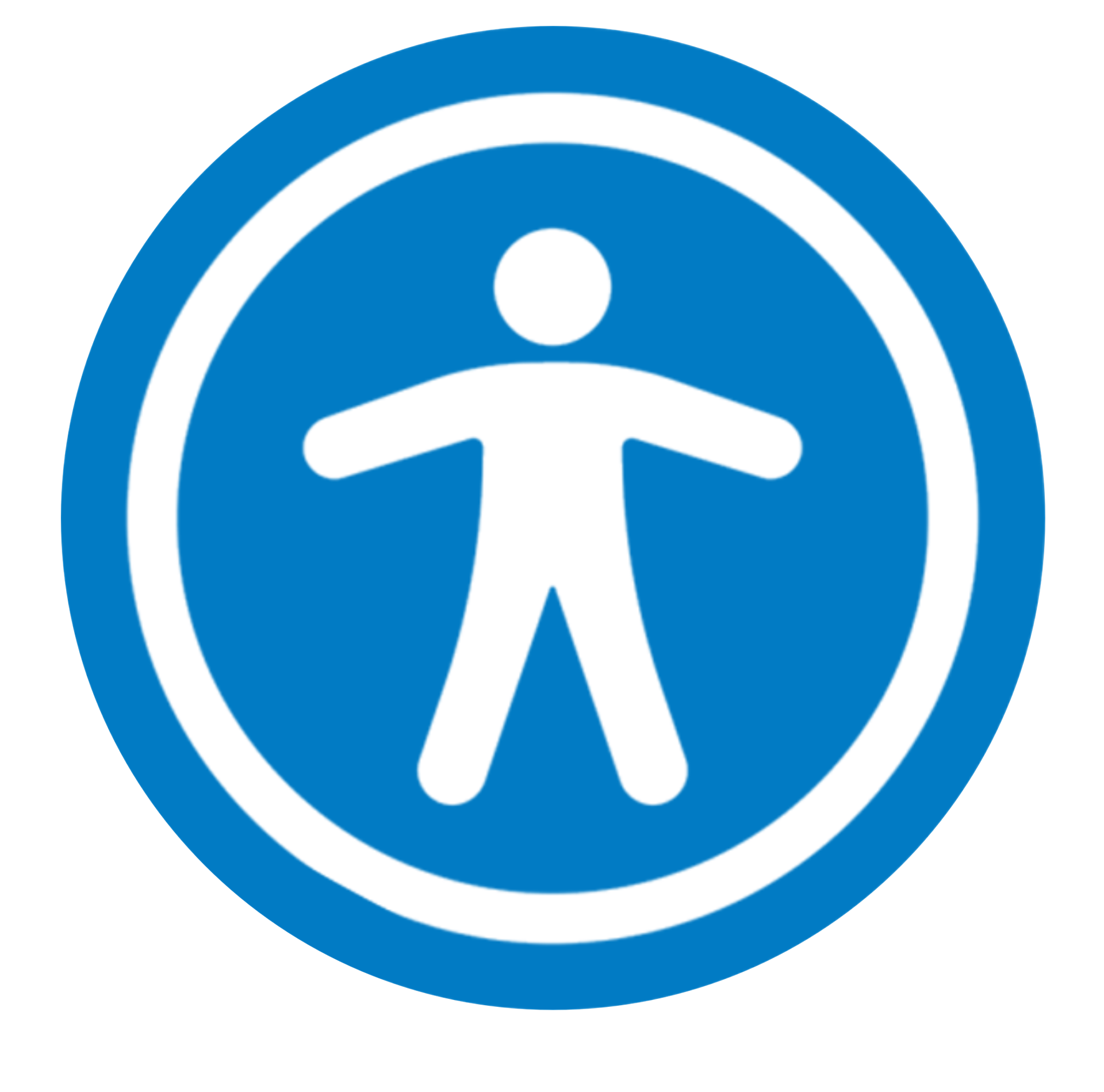You are here: Mental Health Challenges/adults/MH/mental-health
Mood Disorders
What is a Mood Disorder?
'Mood disorders' can cover several different challenges, these are characterized by low mood, with other symptoms including challenges with self-worth, sleep, appetite, concentration, a change in energy levels and having thoughts about death and suicide in some cases. Mood disorders are very common, with the most commonly heard one being Bipolar Disorder.
What is Bipolar?
Bipolar disorder, formerly known as manic depression, is a condition that affects your moods, which can swing from one extreme to another.
People with bipolar disorder have periods or episodes of:
· Depression – feeling very low and lethargic
You may initially be diagnosed with clinical depression before having a future manic episode (sometimes years later), after which you may be diagnosed with bipolar disorder. During an episode of depression, you may have overwhelming feelings of worthlessness, which can potentially lead to thoughts of suicide. If you're feeling suicidal or having severe depressive symptoms, contact your GP, care co-ordinator or local mental health emergency services as soon as possible.
· Mania – feeling very high and overactive (less severe mania is known as hypomania)
During a manic phase of bipolar disorder, you may feel very happy and have lots of energy, ambitious plans and ideas. You may spend large amounts of money on things you can't afford and wouldn't normally want. Not feeling like eating or sleeping, talking quickly and becoming annoyed easily are also common characteristics of this phase. You may feel very creative and view the manic phase of bipolar as a positive experience. However, you may also experience symptoms of psychosis, where you see or hear things that aren't there or become convinced of things that aren't true.
Symptoms of bipolar disorder depend on which mood you're experiencing. Unlike simple mood swings, each extreme episode of bipolar disorder can last for several weeks (or even longer), and some people may not experience a "normal" mood very often.
The high and low phases of bipolar disorder are often so extreme that they interfere with everyday life.
However, there are several options for treating bipolar disorder that can make a difference. They aim to control the effects of an episode and help someone with bipolar disorder live life as normally as possible.
The following treatment options are available:
medication to prevent episodes of mania, hypomania (less severe mania) and depression – these are known as mood stabilisers and are taken every day on a long-term basis
medication to treat the main symptoms of depression and mania when they occur
learning to recognise the triggers and signs of an episode of depression or mania
psychological treatment – such as talking therapy, which can help you deal with depression, and provides advice about how to improve your relationships
lifestyle advice – such as doing regular exercise, planning activities you enjoy that give you a sense of achievement, as well as advice on improving your diet and getting more sleep
It's thought using a combination of different treatment methods is the best way to control bipolar disorder.
Who’s affected?
Bipolar disorder is fairly common and one in every 100 adults will be diagnosed with the condition at some point in their life.
Bipolar disorder can occur at any age, although it often develops between the ages of 15 and 19 and rarely develops after 40. Men and women from all backgrounds are equally likely to develop bipolar disorder.
Who can help? +

|
Springbank Cambridgeshire and Peterborough NHS - Springbank is a 12-bed inpatient recovery unit for women with a diagnosis of borderline personality disorder (BPD) who are struggling to cope with the demands of life outside of hospital, despite the input from community psychiatric services. Funded by CPFT.
Cambridgeshire and Peterborough NHS Community Team – Offer assessment and treatment advise, support, care plans and specialist interventions. Funded by CPFT.
CPFT - (Self-Refer) - Cambridgeshire and Peterborough NHS Foundation Trust - provide several services for people with personality disorders and other challenges:
|
|
|

|
Rethink - (Self-Refer) - Offer loads of helpful links to services and information/advice. |
|
|

|
Healthy You - The Mental Health, Health Trainer service will work closely to support patients with serious mental illness focusing on key lifestyle behaviours such as diet, exercise and wellbeing and signposting to other relevant services. This can be anyone who has any diagnosable mental health illness such as anxiety, depression, bipolar, psychosis, schizophrenia or personality disorder. Appointments are on a 1to1 basis and consist of up to eight 45 minute appointments. You can contact their Clinical Contact Centre on 0333 005 0093 |
|
|
 |
Time to Change - (Self-Refer) - Offers helpful advice on where you can get help and you can see other peoples stories. |
|
|

|
Side by Side - (Self-Refer) - It’s a powerful thing to connect with someone else over shared experiences. Side by Side is an online community where you can listen, share and be heard.
CPSL MIND - (Self-Refer) - CPSL Mind is a mental health charity which promotes positive wellbeing across our communities and supports people on their road to recovery from a wide range of mental health challenges. They offer online support, community initiatives to connect people, counselling, Cognitive Behavioural Therapy, peer support groups, Perinatal services and opportunities to get involved with training, volunteering, campaigning and fundraising. Click here for info on their GoodLife service and here to view their timetable of GoodLife service group programmes.
|
|
|

|
Bipolar UK - (Self-Refer) - Bipolar UK is a national charity dedicated to supporting individuals with the much misunderstood and devastating condition of bipolar, their families and carers. We empower approximately 1,000 people a month to stay well - and we have the ambition to reach thousands more. Community members can contact us on info@bipolaruk.org. If you would like to contact support groups they can contact them on 0333 323 3885 however, they do not take incoming calls they would need to leave a voice message. |
|
|

|
Group Therapy Centre - The Group Therapy Centre is a long-established, not-for-profit, psychological treatment service, and is unique in providing both short and long-term group therapy. We treat a wide variety of conditions ranging from Depression and Anxiety to more serious conditions such as Bipolar and Personality Disorders. We offer CBT, Schema and Long term open ended group therapy. CBT services are free, other services incur a fee based on ability to pay. |
|
|
*Some information gathered from www.nhs.uk and the services listed.

